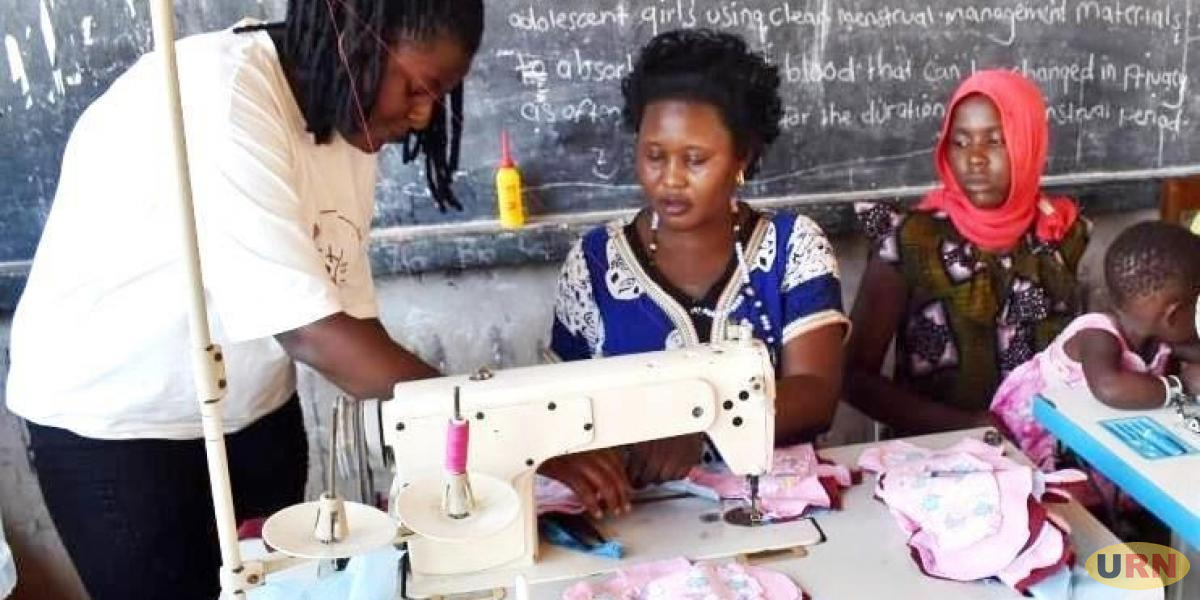At least more than 4000 schoolgirls and women in Kyotera district are set to benefit from a reusable menstrual pads project. The project spearheaded by district authorities and other stakeholders is meant to address the scarcity of sanitary pads and keep girls in school during the menstrual cycle.
This comes amidst the staling of the government’s plans to distribute sanitary pads to schoolgirls. Mariam Nalugaajju, the Project Administrator, says that at least more than 100 girls and 50 women in Kalisizo Town Council, Kalisizo Rural, Lwankoni sub-county and Kyotera Town Council have undergone training to produce the pads.
She says that they targeting over 4000 people, adding that boys who are willing to learn how to make pads for economic purposes will be enrolled at a later stage. She noted that the girls and their parents will save more money at least every month by using reusable pads as well as making and selling the pads.
The reusable pads are easy to make with absorbent material such as cotton cloth,
towel and polythene material to stop the blood from leaking. Habiba Nassakka, one of the trainees from Ninzi village in Kyotera Town council, says they lack money to purchase single-use sanitary pads every month.
She explains that they rely on their parents for menstruation pads yet most of them
are poor and cannot afford them. Nassakka adds that in most cases, fellow adolescents and youths in far-to-reach areas who cannot afford to buy sanitary pads end up using toilet paper, leaves, or old and dirty clothes.
She notes that due to the high level of poverty, some girls in boarding school who cannot afford the single-use pads steal reusable pads from their colleagues.
Maria Sandra Nalwoga, another learner from Kalisizo rural, says the reusable pads
will not only be good for their health but as another source of income since they will sell them to fellow adolescents, youths women who never got the opportunity.
Devine Twikirize, another beneficiary, says that the high poverty level has worsened the condition of females in deprived villages since they cannot afford sanitary items.
She had to utilize the opportunity to sell to primary and secondary schools in
addition to training boys and girls who wish to learn to sew them.
John Paul Mpalanyi, the Kyotera County MP, who is funding the project, says that
menstruation is a strong subject that is associated with a girl’s attendance in school especially in hard-to-reach communities.
He adds that menstrual hygiene issues have on many occasions been neglected yet they are very important in the lives of girls and women.
He adds that they will form groups to market the pads across the district and the region at large.
However, Joan Nakayinga, a senior four student, says that reusable pads are time
consuming yet there is no time spent on single-use pads



